12. A Serious Man

Perhaps the darkest film in the Coens’ filmography to date, A Serious Man teeters on the edge of absurd bleakness for much of its running time before finally falling into a chasm of certain doom for its characters.
Following the increasingly diminishing fortunes of physics professor Larry Gopnik, whose wife is leaving him for another man, his tenure at a university is in jeopardy, and he is being simultaneously bribed and blackmailed to give a student a passing grade. Gopnik turns to his Jewish faith for solace but finds no answers from it, and he passively watches as his life spirals out of his control.
The Coens’ retelling of the Book of Job set in 1960s Midwestern suburbia, the film is both darkly humorous and disturbing as we watch an ostensibly decent man’s life fall apart piece by piece. Even when it looks like he’s reclaiming some of it by the third act, the denouement suggests that it was all for nought.
An interesting (if minor) Coen Brothers movie, A Serious Man is a serious film. What it means is open to interpretation: one thing it’s not is light. It could be considered a comedy, but only in the most pitch-black sense.
11. The Man Who Wasn’t There
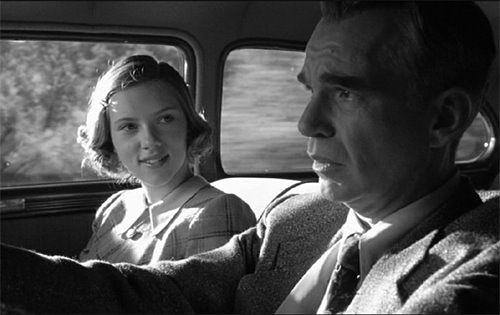
Reserved Ed Crane works at his brother-in-law’s barber shop and lives in a bungalow with his wife in 1949 Santa Barbara, California. From what we can gather by the deadpan narration he provides, Ed doesn’t seem to enjoy his life very much, but he continues on without complaint regardless.
But Ed is inspired when a travelling venture capitalist comes into the barber shop and sells him on the idea of investing in a dry cleaning business. Blackmailing his wife’s lover (James Gandolfini) for $10,000, Ed’s soon found out and ends up killing the man. His wife is accused of the murder, however, and from there Ed’s quiet, boring life begins to spin out.
Shot in evocative black-and-white, The Man Who Wasn’t There is a stylish and often meditative neo-noir dramedy starring Billy Bob Thorton whose placid character is transfixing to watch. What are his motivations? Does he have any emotions? What does he want out of life? These questions continue to grow throughout the film and Thorton’s Ed Crane isn’t forthcoming on answers, but the Coens succeed in making one of their most interesting period films.
10. Inside Llewyn Davis
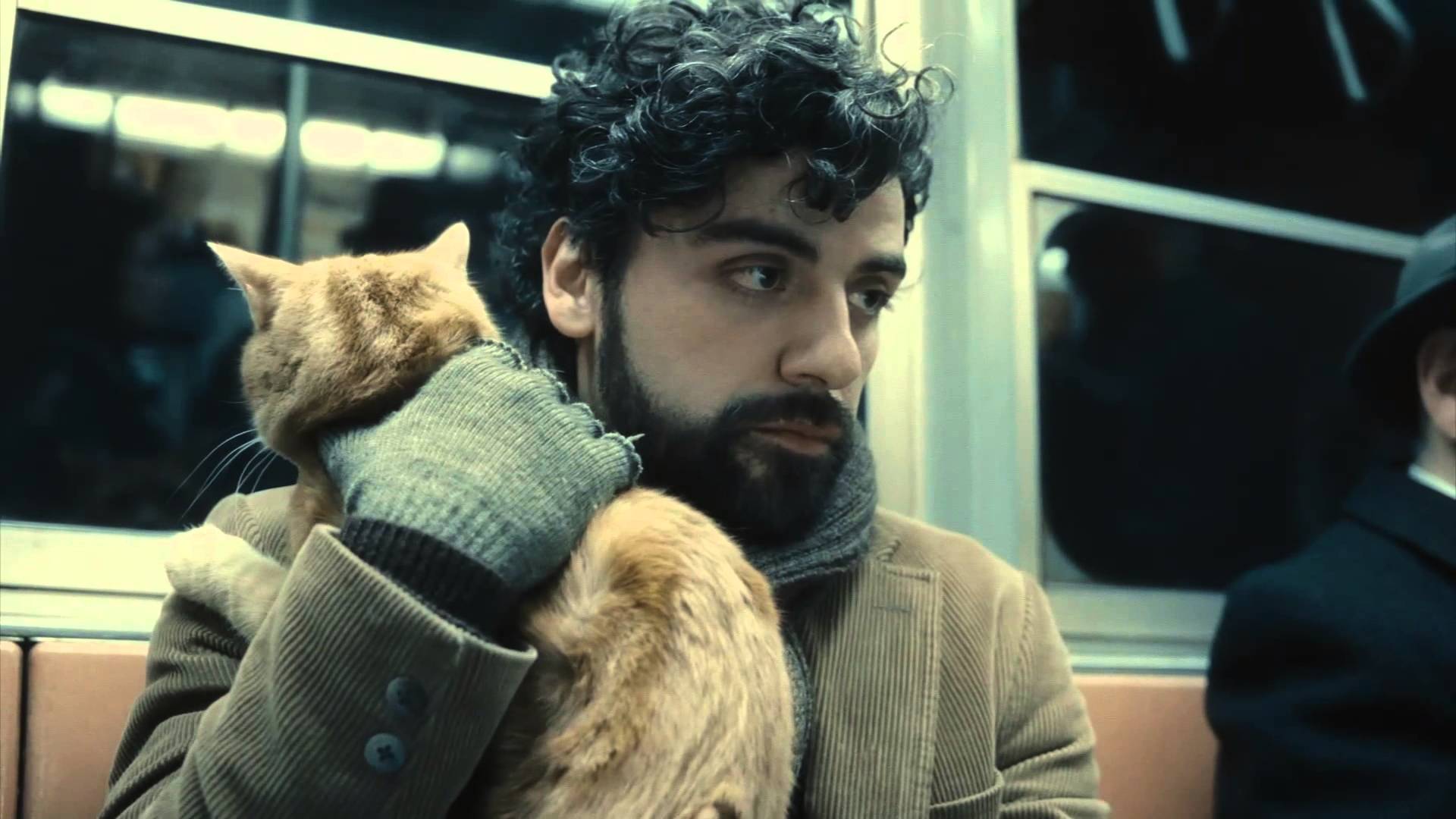
Llewyn Davis is an acerbic and often callous musician who’s trying to find success in the nascent American folk scene in 1961; and while he’s talented, and good fortune seems to crop up from time to time, Davis just can’t get out of his own way to find success, instead dismissing these opportunities as selling out and compromising his vision.
Told over a week’s time, Llewyn meanders through New York and Chicago, encountering people in his life who are quick to point out his flaws and shortcomings while also hampering Llewyn’s odds at success. Although apologetic for his often cruel tendencies, he never learns from his mistakes and seems doomed to mediocrity instead.
A cynical and darkly funny Coen Brothers film, Inside Llewyn Davis is another spot-on period piece by them that seems to celebrate uncompromising artistic vision while also warning of its downsides. With a soundtrack filled with spot-on pastiches of era-appropriate folk songs, a smart script, fantastic performances, and as always great direction, Inside Llewyn Davis is a dark treasure from two of America’s best filmmakers.
9. Blood Simple
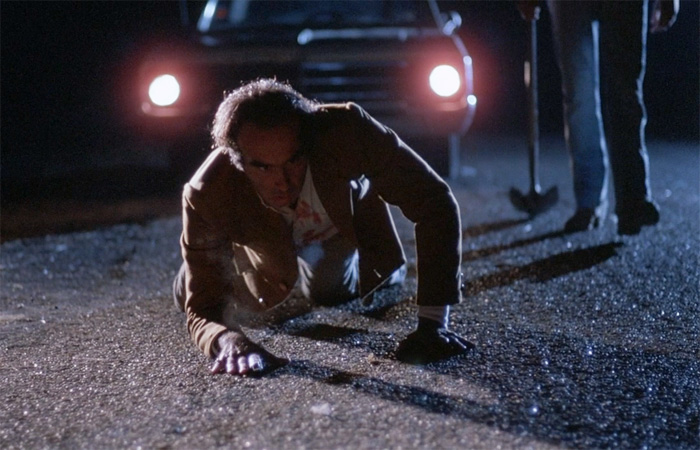
Often, a filmmaker’s first feature is suggestive of their later work: signature stylistics, characters, and cinematographic flourishes are often revealed in their first film. Blood Simple–the Coens’ debut–features a lot of their assorted tics and recurring themes:from dark humor to amoral characters to complex plotting to neo-noir elements, it’s a primary on how their later dramas would be constructed. Is it their best movie? No, but it’s an important one in their overall career.
The plot: a bartender suspects his wife is cheating on him with one of his bartenders, so he hires a private investigator to find out. Upon receiving proof, the husband hires the PI to kill his wife and her lover; but the detective double-crosses him, killing the husband, emptying out his safe, and framing his wife for the murder. But there are a lot more violent twists left in this story before it’s over…
Made for just $1.5 million, Blood Simple but the Coen Bros on the map and established Frances McDormand–who’s married to Joel Coen–as a motion picture actress. A critical hit, Blood Simple’s reputation has only gone up since its initial release.
8. The Hudsucker Proxy
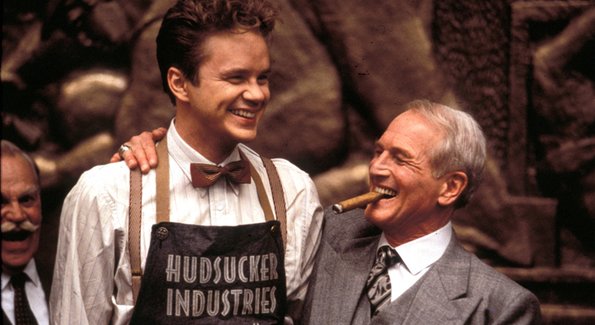
Waring Hudsucker has just leapt to his death from the top floor of his New York City skyscraper and scheming board member to his company Sidney Mussburger (Paul Newman) couldn’t be happier. Immediately coming up with a plan to tank the company by putting an idiot in charge so they can short the stock, Mussburger finds said idiot in new hire Norville Barnes (Tim Robbins), a green Midwesterner who goes from the mail room to president of the company in just one day.
But Barnes is less stupid than he appears (although still plenty stupid), and ace reporter Amy Archer (played to fast-talking perfection by Jennifer Jason Leigh) cons her way into Norville’s life to get the scoop as to how this nobody became an overnight success. But there’s a spanner in the works–or more accurately, a hula hoop–when Norville invents the novelty toy, thereby making the company even more successful and threatening to ruin Mussburger’s plan.
This bit of wackiness is the Coen Brothers’ ode to one of their biggest influences, the screwball comedy. All of the characters are caricatures, and the heightened physical comedy and Art Deco-inspired set design attest to its genre influence, and although set in the closing weeks of 1958, it comes across as taking place in the 1930s.
While it opened to mixed reviews and was a box office bomb, critical reassessment over the years has risen its stature among the Coen Brothers’ work and it now enjoys a cult following. A funny and visually stunning film, The Hudsucker Proxy ranks among some of their best comedies and is one of their most underseen–and underappreciated–films.
7. Miller’s Crossing
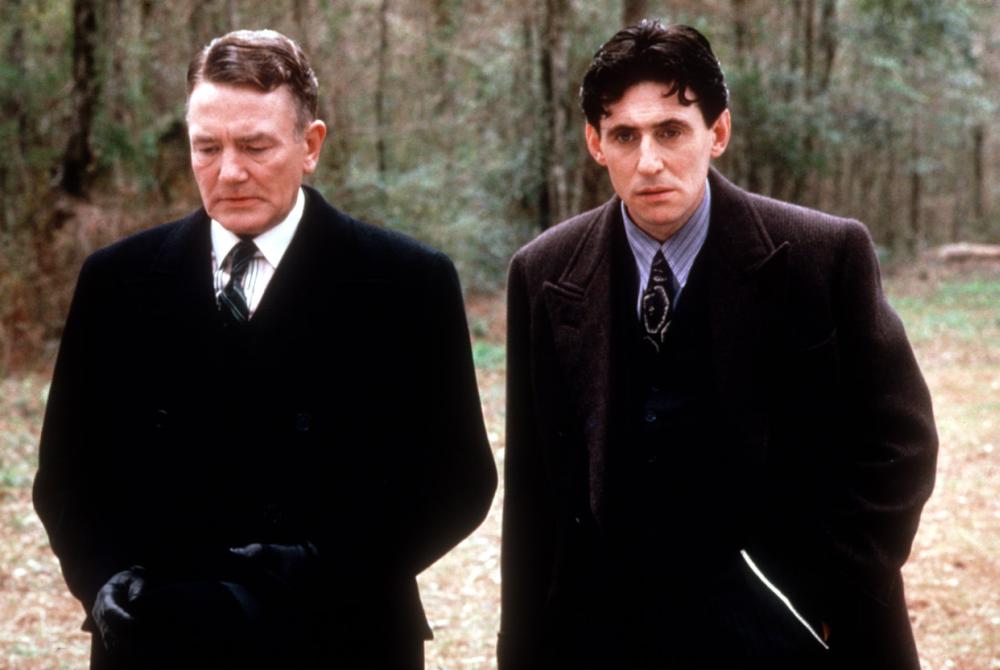
A mob war breaks out between the Irish and Italian mafia when one side declares its intent to kill bookie Bernie Bernbaum (John Turturro). Since his sister Vera (Marcia Gay Harden) is with the leader of the Irish side, they offer him protection–but Tom Reagan (Gabriel Byrne), who’s also carrying on an affair with Vera, tries to persuade his boss Leo (Albert Finney) to drop the protection before things escalate.
After an attempt on Leo’s life, Tom’s given the go-ahead to kill Bernie in the woods at Miller’s Crossing to end the war. But after Bernie pleads with him, Tom lets him go–a good deed that goes not go unpunished, as he soon finds out.
Miller’s Crossing is a neo-noir gangster film by the Coens, whose influences from hard-boiled detective novels and gangster films are explicit throughout. Moody and stylish, with Byrne and Turturro turning in outstanding performances, the film was critically acclaimed but not a success upon its release. A unique crime thriller that pays homage to the materials that influenced and inspired its creation, Miller’s Crossing is one of the Coen Brothers’ many masterpieces.